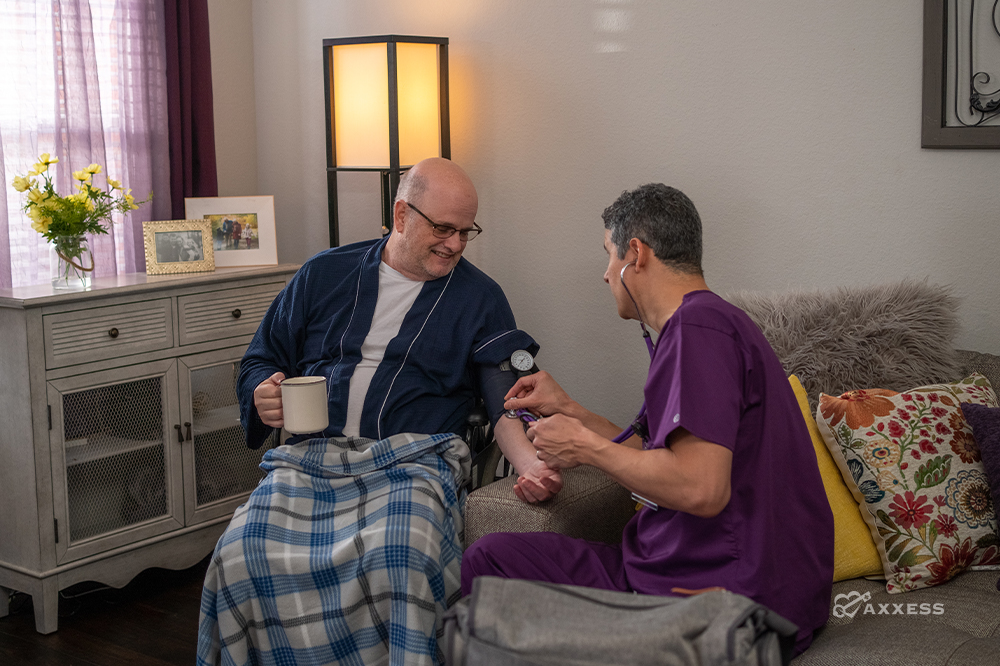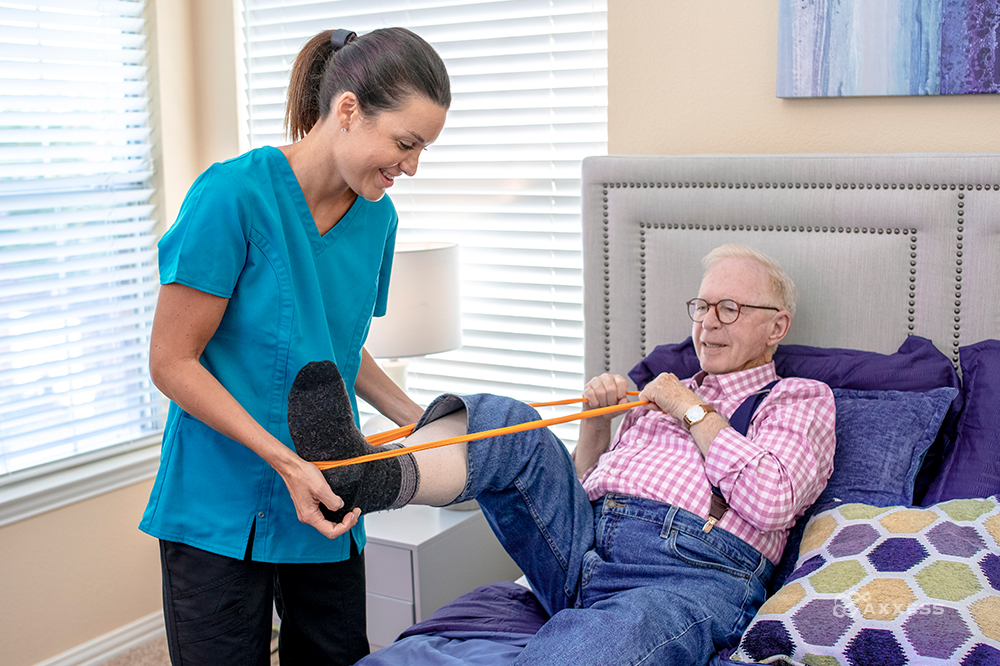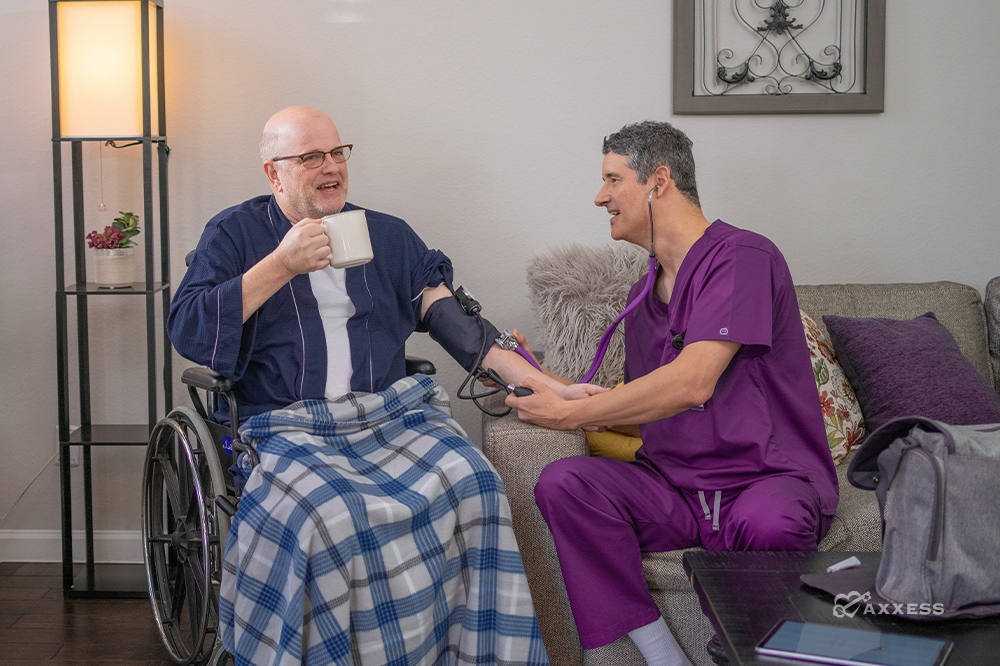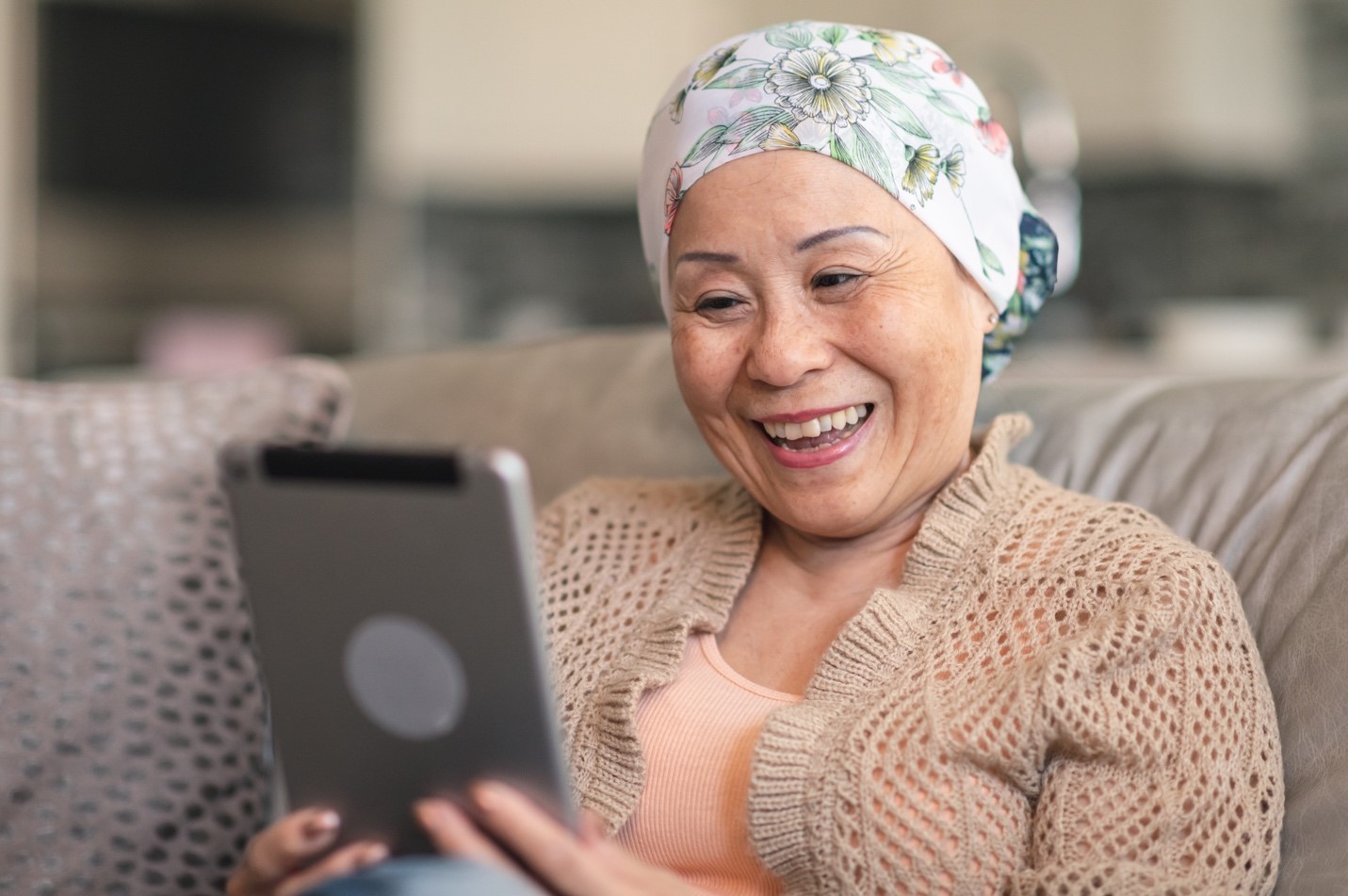The unexpected home health industry development that emerged from the coronavirus (COVID-19) pandemic was the widespread acceptance and use of telehealth visits. With mandatory shelter-in-place orders in most states, performing necessary healthcare visits seemed out of reach. Enter technology.
The use of telehealth visits became so integral to the way healthcare... Keep Reading
Home care organizations are made up of two teams: clinicians and operators. A successful marriage between these teams is like a pair of glasses. Each lens has a separate focus but only when connected and working together properly can you achieve the shared vison of success. The first shared vision... Keep Reading
The Hospice Item Set (HIS) is one aspect of the Hospice Quality Reporting Program (HQRP) that was mandated by the Affordable Care Act of 2010 and set under section 1814(i)(5) of the Social Security Act. The HQRP is an initiative to ensure hospices provide quality care for all patients, both... Keep Reading
The Centers for Medicare and Medicaid Services (CMS) announced that Review Choice Demonstration (RCD) will be reinstated after an almost four-month pause due to COVID-19. Home health organizations will be required once again to submit claims following the RCD guidelines, regardless of the status of the public health emergency.
The initial... Keep Reading
Home care organizations are comprised of two very different, integral teams: clinicians responsible for all aspects of client care and administrators who handle activities related to business operations.
Clinical quality is when the clinical team operates at a high level and delivers care that meets or exceeds the client’s expectations. Home... Keep Reading
The Hospice Item Set (HIS) is one aspect of the Hospice Quality Reporting Program (HQRP) that was mandated by the Affordable Care Act of 2010 and set under section 1814(i)(5) of the Social Security Act. The HQRP is an initiative to ensure hospices provide quality care for all patients, both... Keep Reading
The medical and healthcare landscapes are vast and overwhelming, and as a consumer, it’s easy to feel like an anonymous face in the crowd. Dr. Michael Fratkin, CEO and founder of ResolutionCare, has been working to improve people’s care experience for most of his career and founded ResolutionCare based on... Keep Reading
The year 2020 has brought many changes for home healthcare organizations, starting with the shift toward value-based care in the Patient-Driven Groupings Model (PDGM). This new method of billing, the most significant change in 20 years, requires organizations to bill for 30-day periods, instead of the 60-day periods performed previously.... Keep Reading
Given the complex medical needs and necessary equipment, transporting developmentally delayed or medically challenged pediatric patients to and from outpatient therapy clinics is a difficult, if not impossible, task for many families. Easy transportation, coupled with care efficiencies and associated cost savings, are among the inherent benefits of care in... Keep Reading
Amyotrophic Lateral Sclerosis (ALS) is a neurological disease with severe functional, respiratory, and nutritional deficits. While the disease takes a few years for death to occur, the Medicare Administrative Contractors (MACs) Cigna Government Services (CGS) and National Government Services (NGS) have set specific criteria for when the terminal stage of... Keep Reading
One of the advantages of home healthcare is the ability to serve clients in their homes, and to provide care for a variety of health needs. Throughout the coronavirus pandemic, professional home care services have been on the front lines and are meeting this call head-on. Donna DeBlois, RN, BSW,... Keep Reading
The electronic data interchange (EDI) is one of the most innovative and supportive sets of procedures in our electronic and digitized era. EDI is considered the standard for exchanging documents electronically from one company to another and is used in nearly all major industries, including insurance, automotive, retail, and finance... Keep Reading











